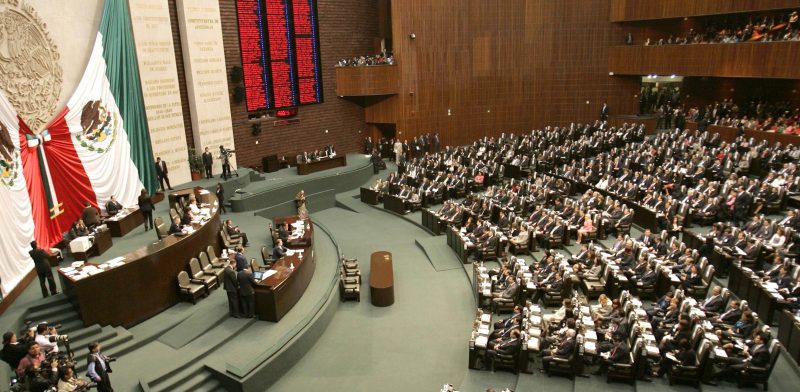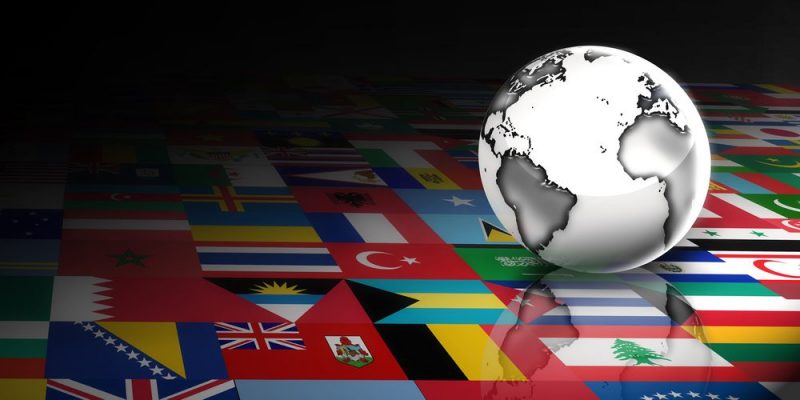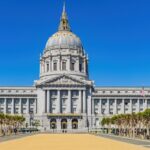We explain what political science is and what its origin was. In addition, its object of study, work field and different branches.

What is political science?
Political science, also called political science, is the social science that is dedicated to the study of the theoretical and practical aspects of politicsthat is, the political and government systems, the social and individual behaviors involved in politics and its cultural, institutional and psychological aspects. For this, it applies an objective method based on the observation of reality.
Like any social science, its approach to the object of study is both theoretical and empirical, qualitative and quantitative, which is why it uses various tools common to this type of science and often borrows concepts and methodologies from other fields of knowledge, such as economics, sociology, psychology, among others. However, it differs from these in that Its focus is on power relations in its different dimensions. (local, national and international).
Its most common analysis methods are:
- The experimental method. Through social experiments and simulated situations that compare the reactions of people and societies.
- The statistical method. Through the mathematical processing of data obtained from observed and measured facts.
- The comparative method. Through comparative analysis between two or more political situations that allow hypotheses to be verified or refuted.
- The historical method. Through the review of available historical bibliography and the study of past political situations to generate or verify hypotheses and generalizations.
Key points
- Political science is a discipline dedicated to the study of the theory and practice of politics in its local, national and international aspects.
- It uses methods such as experimental, statistical, comparative and historical to analyze political practices and government systems.
- Its main development began in the 20th century, but it had antecedents in the thought of authors such as Plato, Aristotle and the first modern political scientist: Nicolás Machiavelli.
- Political scientists can work in public administration, specialized journalism, teaching, research and diplomacy.
Origin of political science
political science originated from political philosophya branch of philosophy that specializes in the relationships between individuals and society. Political philosophy emphasizes political ideas and values, and has a normative approach to politics, that is, oriented toward reflecting on which political organization is most convenient.
However, currently, political science is distinguished from political philosophy because it is not so much concerned with ideas and values, nor with offering a normative perspective, but rather with describing political practices and institutions and offering explanatory hypotheses based on the empirical observation. In any case, these investigations can lead to foreseeing political processes or to intervene and produce changes in the political organization.
It is considered a relatively recent science, whose true development took place in the 20th century, especially after the Second World War (1939-1945). However, had important antecedents in Antiquity, such as the Greek philosophers Plato and Aristotlethe ancient Roman thinkers Polybius, Livy and Plutarch, and the Indian writer Chanakia Pandit.
One of its greatest exponents was the Renaissance philosopher Nicolás Machiavelliauthor of the famous treatise The prince (1513), whom many consider the first representative of modern political science. Other thinkers who traced the path to political science in the 20th century were Thomas Hobbes (1588-1679), Jean-Jacques Rousseau (1712-1778), John Locke (1632-1704), Montesquieu (1689-1755), Jean Bodin ( 1530-1596), Alexis de Tocqueville (1805-1859), Max Weber (1864-1920) and Gaetano Mosca (1858-1941).
Object of study of political science

The object of study of political science is politics. This is equivalent to saying that deals with the power relationships established between people and social groupsboth within States and internationally.
His main research areas are:
- Political power and its forms of access, distribution and use.
- Authority and the legitimation of power.
- The functioning of the State.
- The public administration.
- The mechanisms of coercion and consensus.
- The political behavior of groups and individuals.
- The forms of political participation.
- Representation systems.
- The history and characteristics of political parties.
- Political communication and public opinion.
- International relations.
Political science career field
Political science degrees train professionals who can work in a very diverse field of work. On the one hand, They can serve as advisors, consultants, directors or supervisors of the public administration (both regional or national governments and international organizations), as they stand out for being specialists in the political functioning of the State and in power relations.
On the other hand, They can dedicate themselves to specialized journalismas analysts, disseminators and opinion formers in political matters, whose work consists of documenting, analyzing and communicating as objectively as possible the political processes and dynamics that are of public interest. They can also dedicate themselves to teaching and even become professionals in public and private research and teaching of political sciences.
Finally, Another job opportunity for political scientists is diplomatic practicesince their professional training allows them to be effective observers of internal and external political dynamics, and enables them to work at the service of national, regional and international stability.
Branches of political science

Political science comprises the following main branches:
- Internal or domestic politics. It is the study of national and local political practices, such as electoral systems, political parties, government, and public opinion.
- International politics. It is the descriptive and explanatory study of political relations between different nations, such as diplomacy, war, coalitions and economic blocks. This branch is also studied as a separate discipline, known as international relations.
- Comparative politics. It is the comparative study of political practices, institutions, historical trajectories and other characteristics of the internal politics of different nations, focused on the identification and analysis of similarities and differences between different countries and regions.
- Political theory. It is the theoretical study of power dynamics and the fundamental principles of political organization, which involves a critical knowledge of classical political philosophy and contemporary theoretical approaches.
- Public administration. It is the study of bureaucracy and the application of the theories and principles of political science to public service and methods of government.
- Political economy. It is the study of the relationship between the economy and political power, and the ways in which government policies influence economic dynamics and vice versa.
- political sociology. It is the study of the way in which the cultural, psychological and social characteristics of communities are related to the forms of organization of power and political domination.
document.addEventListener(“DOMContentLoaded”, (e) => {
var sliderContainer, slider;
sliderContainer = document.getElementById(‘block_26d4a1ca77e3e63a6383411c598b1218’);
if (typeof initSlider !== ‘function’) {
console.log(‘Swiper haven\’t been loaded’);
sliderContainer.className += ‘ fw scroll-snap’;
return;
};
options = {
direction: ‘horizontal’,
speed: 1000,
slidesPerView: ‘auto’,
// slidesPerGroup: 1,
centerInsufficientSlides: true,
// centeredSlides:true,
spaceBetween: 15,
breakpoints: {
720: {
// centeredSlides: false,
// slidesPerGroup: 2,
spaceBetween: 25
},
},
pagination: {
el: ‘.swiper-pagination’,
type: ‘bullets’,
clickable: true
},
}
slider = initSlider(sliderContainer, options);
})
References
- Bobbio, N., Matteucci, N. and Pasquino, G. (Dirs.). (2015). Politics Dictionary. 21st century.
- Roskin, M. G. (2024). Political science. Encyclopedia Britannica. https://www.britannica.com/
- Sartori, G. (2002). The politics. Logic and method in the social sciences. Economic Culture Fund.





